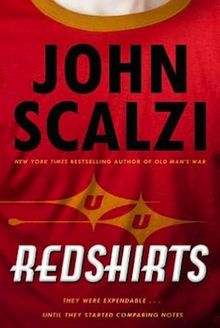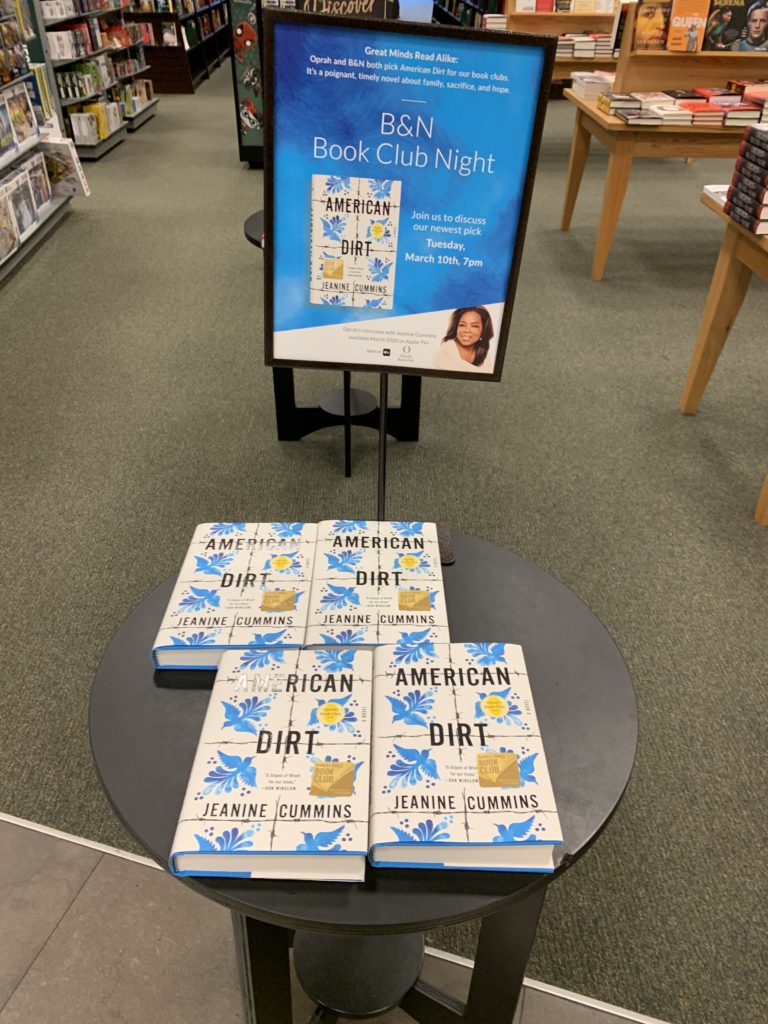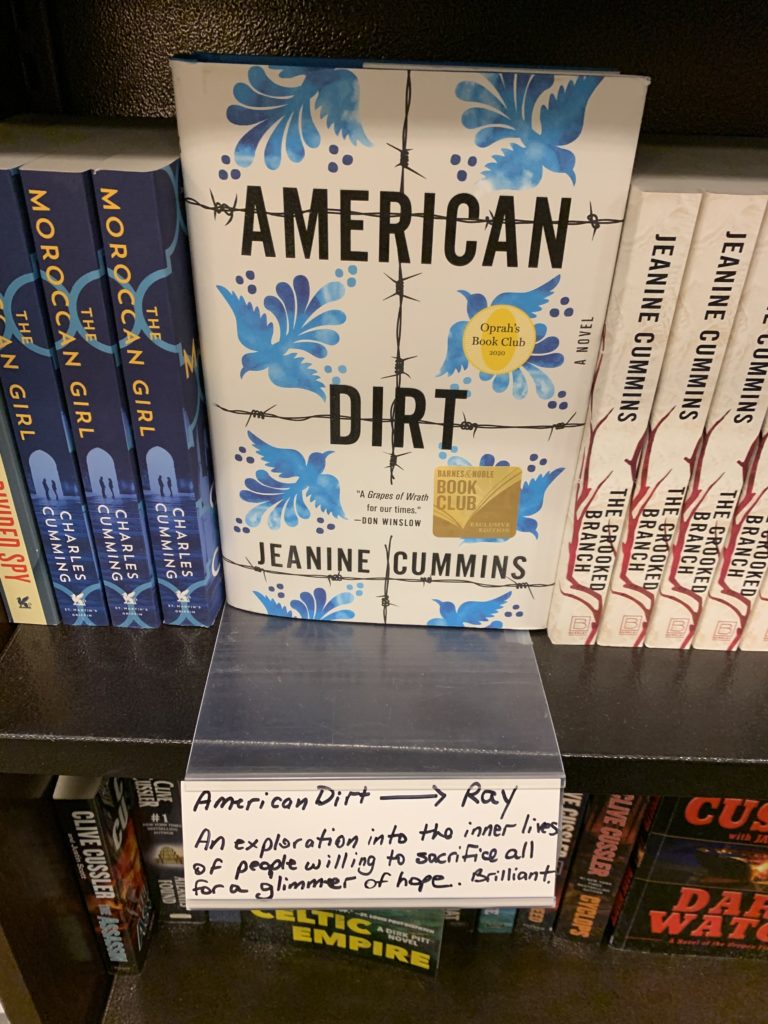Emily Gould had a depressing but fascinating piece about the state of fiction and novelists today. It’s realistic, it’s absurd and it’s bad for the culture. I think she and I agree there;s a lot of great stuff being written these days that is not finding an audience and that a broken industry is not able to provide livelihoods for writers, especially as the side gigs in journalism and academia have come under such pressure.
It’s frightening to think, but hard to escape feeling like society has finally looked back at long-form narrative storytellers on both stage and plays and said, “We don’t really care.” I should add “the screen” to that, as well, as art house theatres continue to disappear and we increasingly choose to stream our corporate-approved entertainment at home.
Stll, people who like to read (thank you, women!) really like to read. So everybody has a chance in what Gould describes as a high stakes casino game. You can probably still hit it big with the right art film, too. Not so sure about a non-musical stage play, partricularly if it isn’t based on a previously successful property.
One issue Gould mentioned was the Oprah book clubn controversey:
“Most people who care think that Franzen refused to appear on Oprah to promote The Corrections, but what actually happened was worse. The novel was anointed a book club pick (an honor that, when the show was on network television, could conservatively increase book sales by a factor of 10), and preparatory B-roll was shot in Franzen’s hometown of St. Louis. Then, in a preceding Fresh Air interview, he said, “I had some hope of actually reaching a male audience, and I’ve heard more than one reader in signing lines now at bookstores say, ‘If I hadn’t heard you, I would have been put off by the fact that it is an Oprah pick. I figure those books are for women. I would never touch it.’ Those are male readers speaking.” Oprah’s response: “Jonathan Franzen will not be on the Oprah Winfrey show because he is seemingly uncomfortable and conflicted about being chosen as a book club selection. It is never my intention to make anyone uncomfortable or cause anyone conflict. No one has ever been told to fuck off and die more politely.”
Truly, Franzen did exhibit snobbery regarding Oprah and he lacked appreciation for women readers of fiction at a time where they would carry the entire industry for decades. But, I worked in a chain bookstore during the Oprah years and he’s not wrong about how that label used to grab customers. Men flocked to the towers of John Grisham and Tom Clancy books we were required to erect and place at the front of the store. Men and women both flocked to the Steven King and Dean Koontz book temples that we built. Only women went to the Oprah Book Club display.
The author and book I most remember from those years was “She’s Come Undone” by Wally Lamb. Lamb’s been a working writer and teacher since 1981 but owes his widespread notoriety to that first Oprah pick. But he hasn’t had a career like Franzen’s, has he? It seems that Franzen’s old kerfuffle with Oprah has aged badly from the perspective of social criticism but that his desire to set his work apart from the Lambs of the world was the right one, if judged by his subsequent successes.





